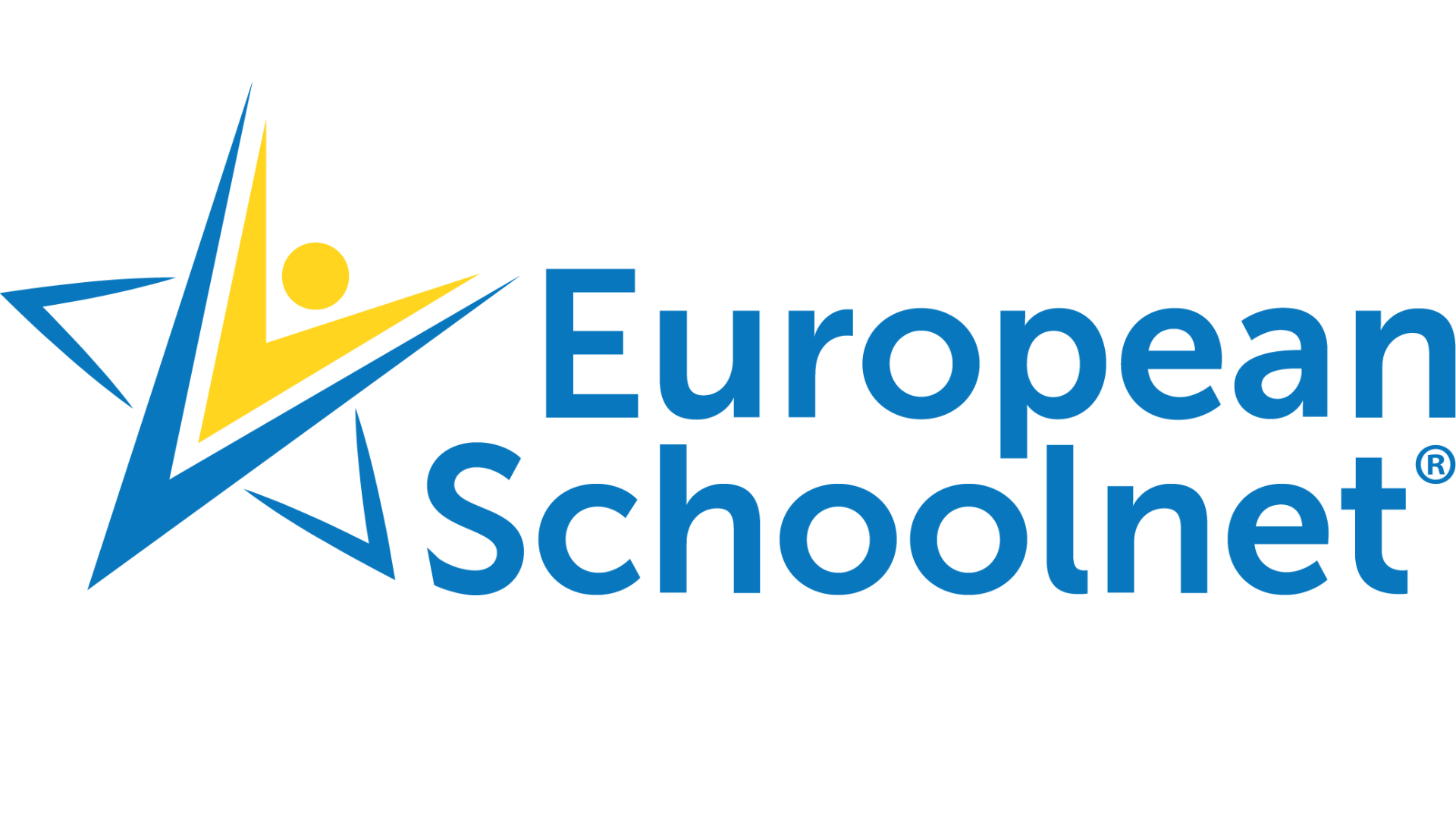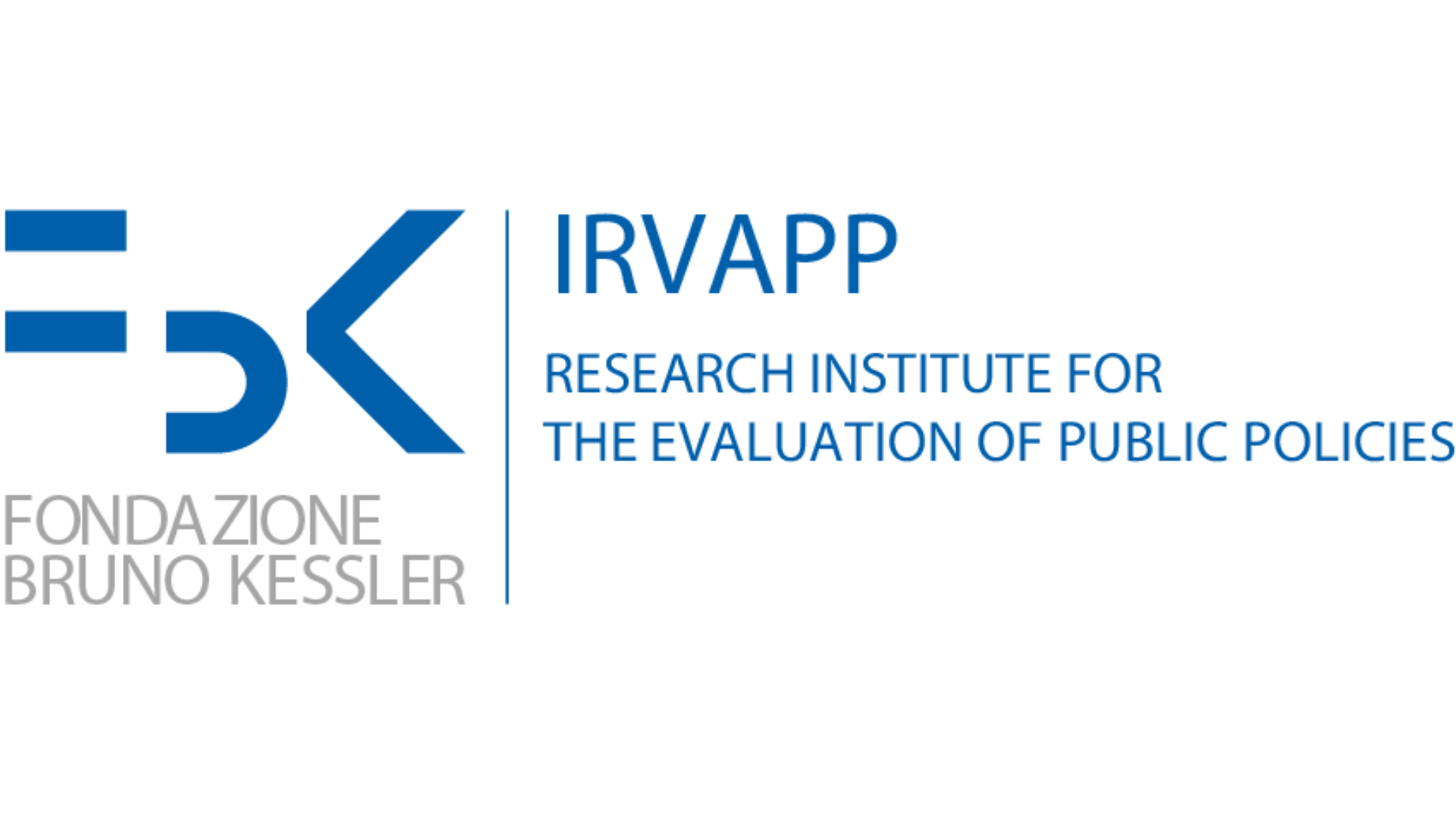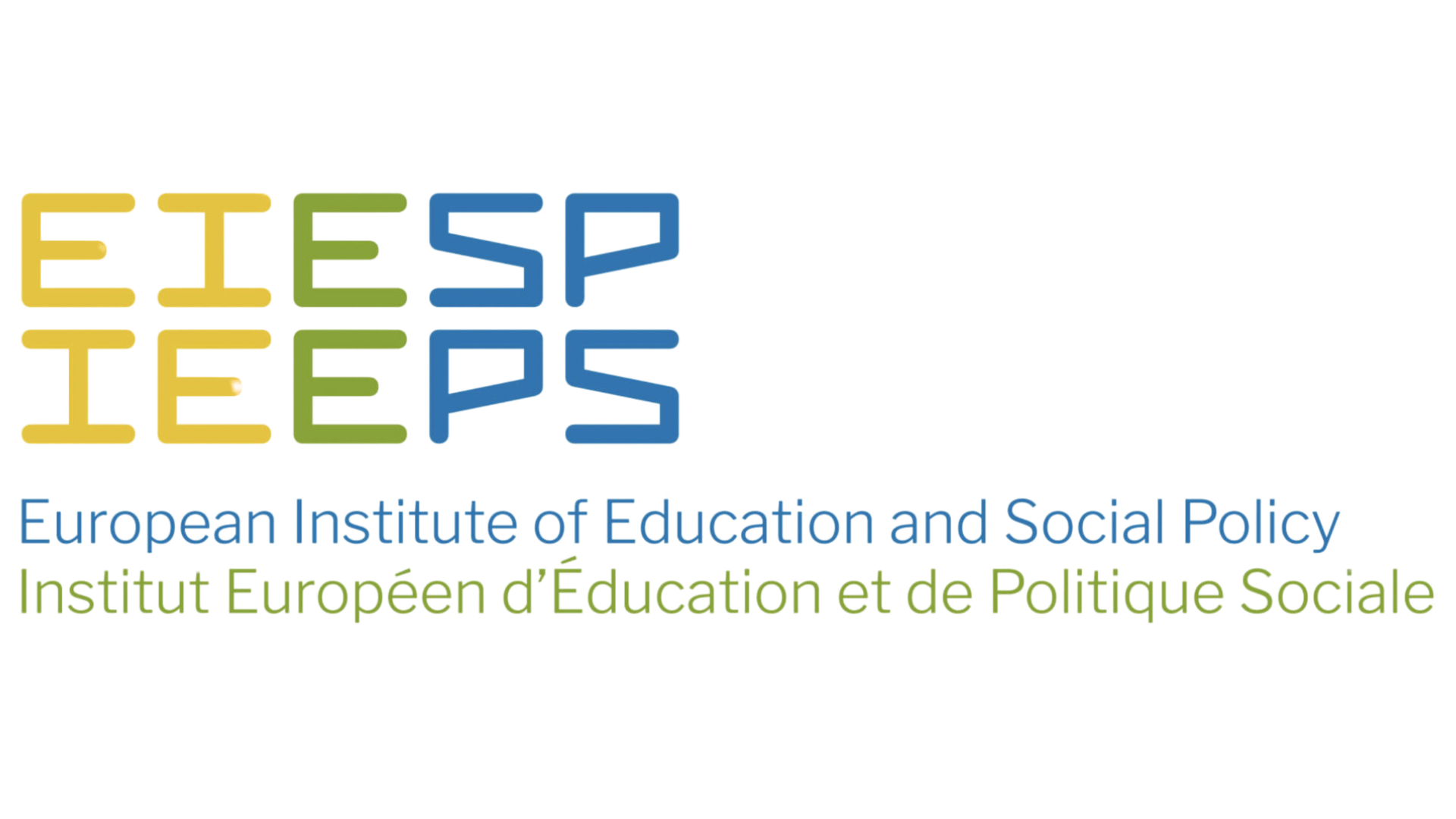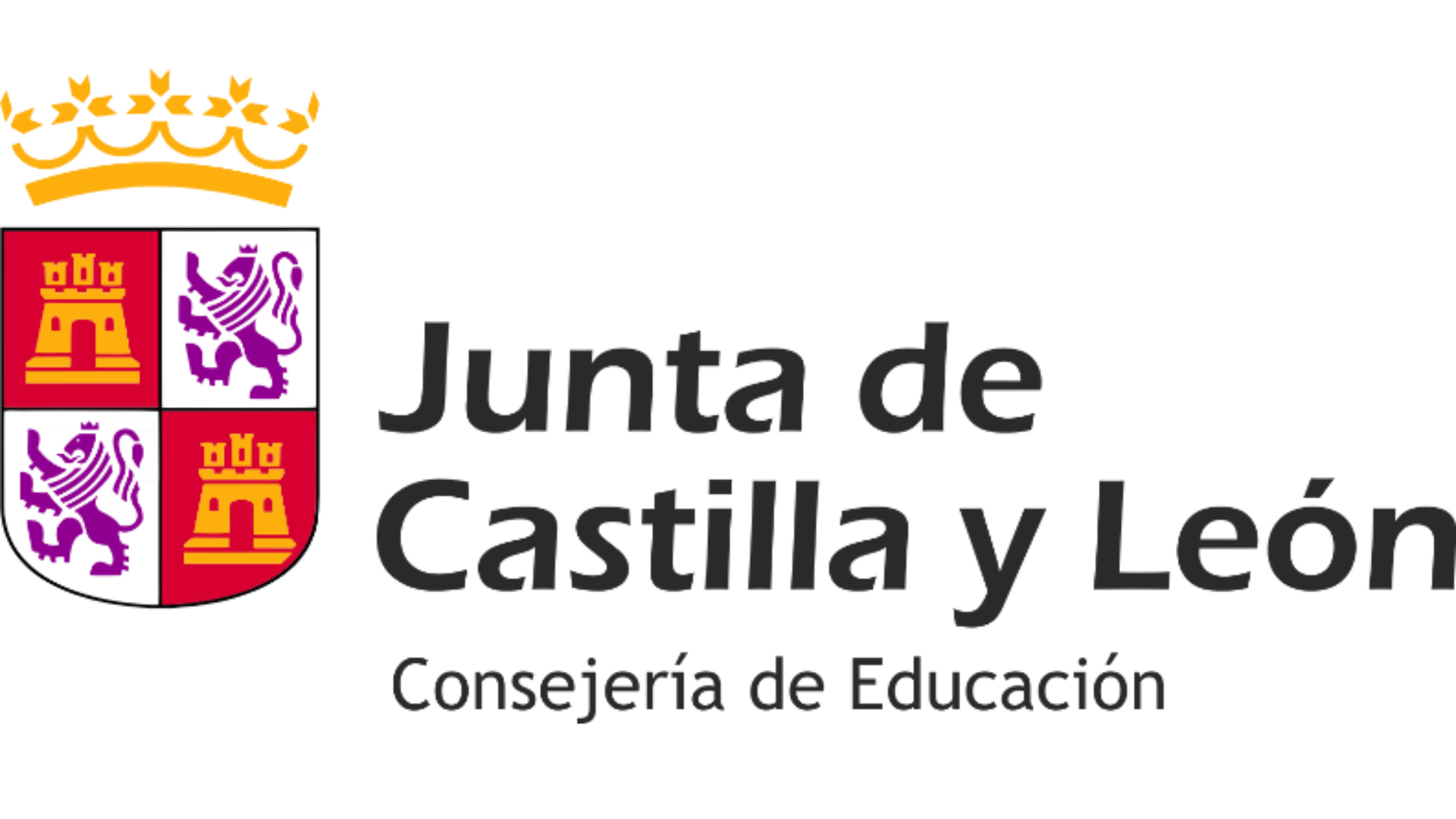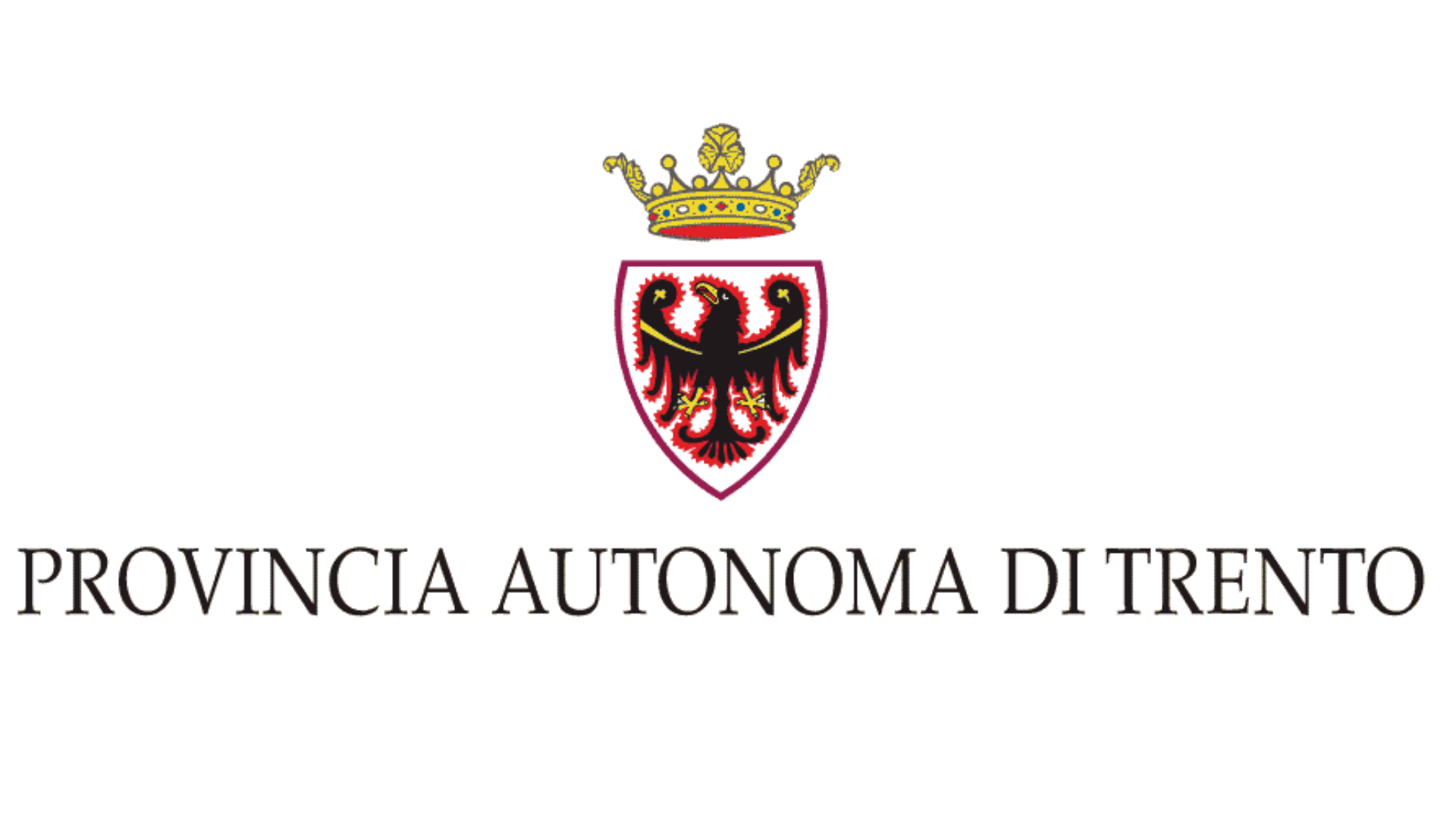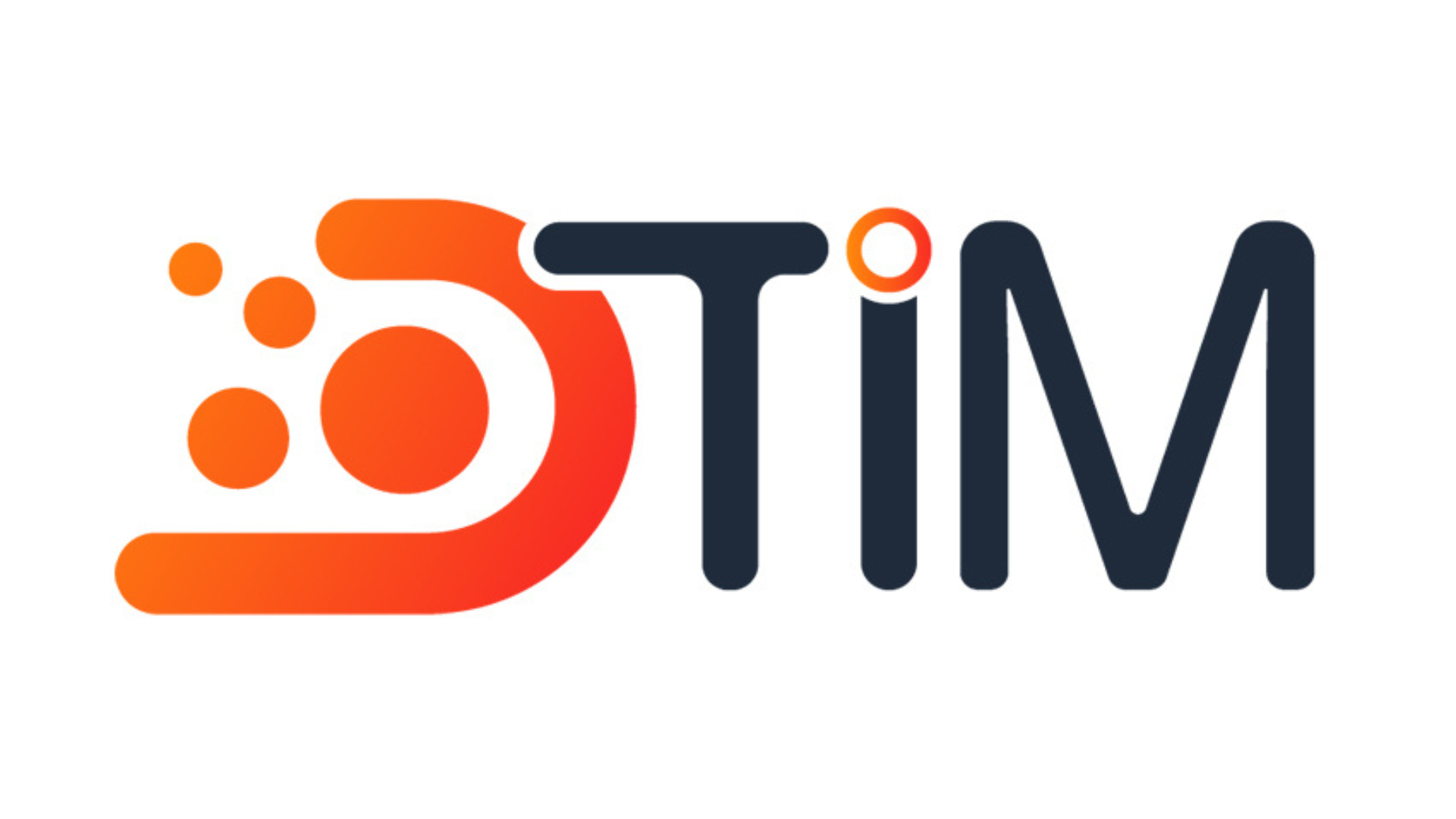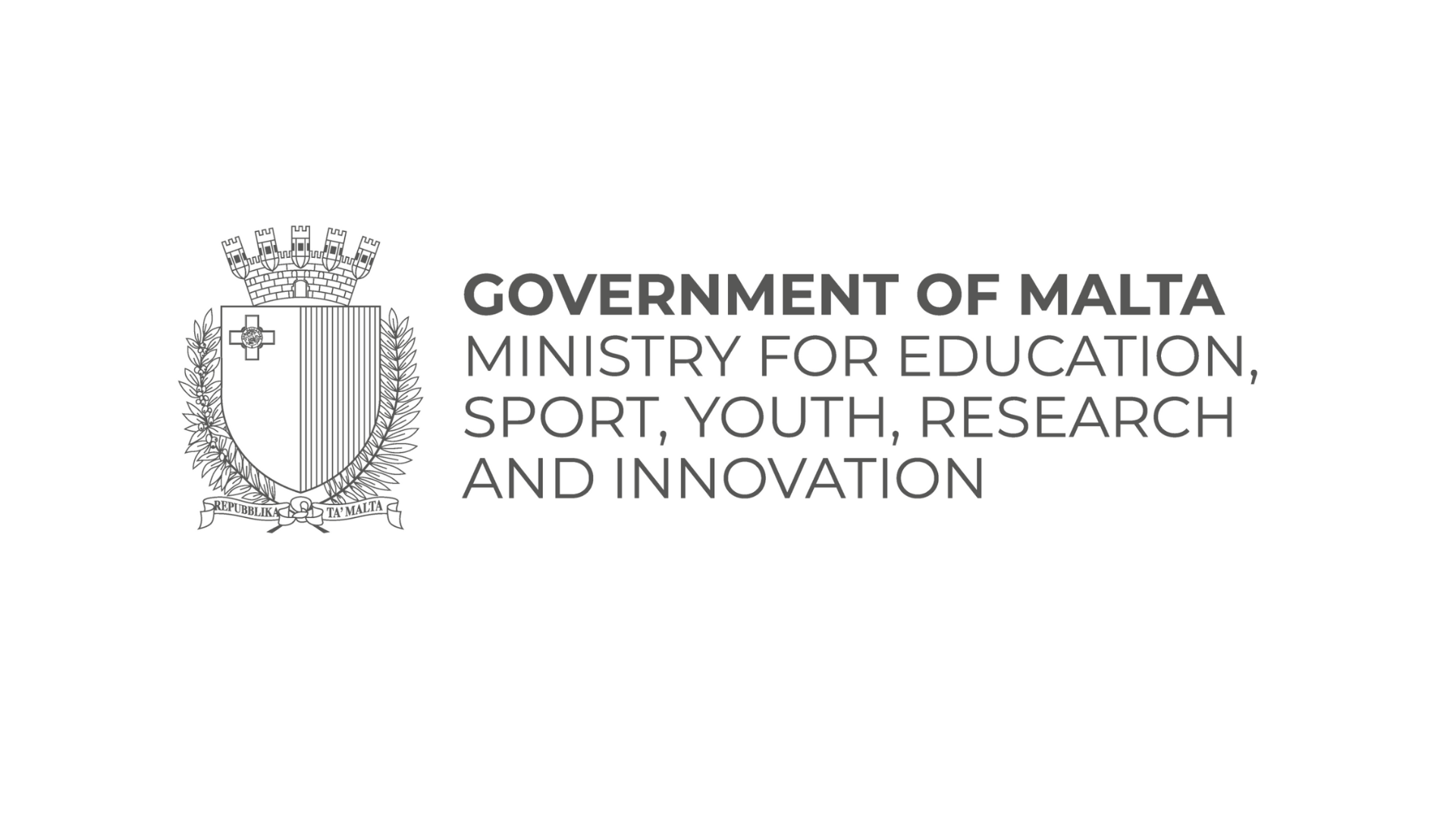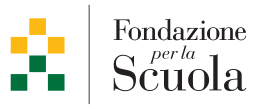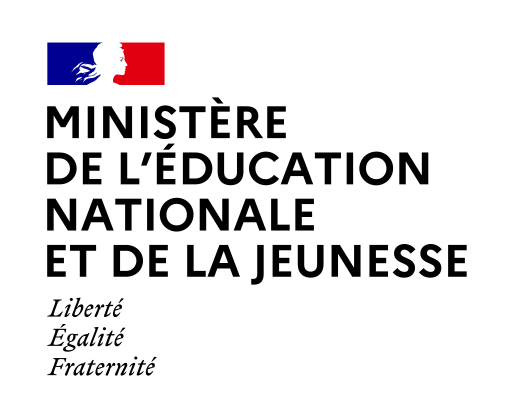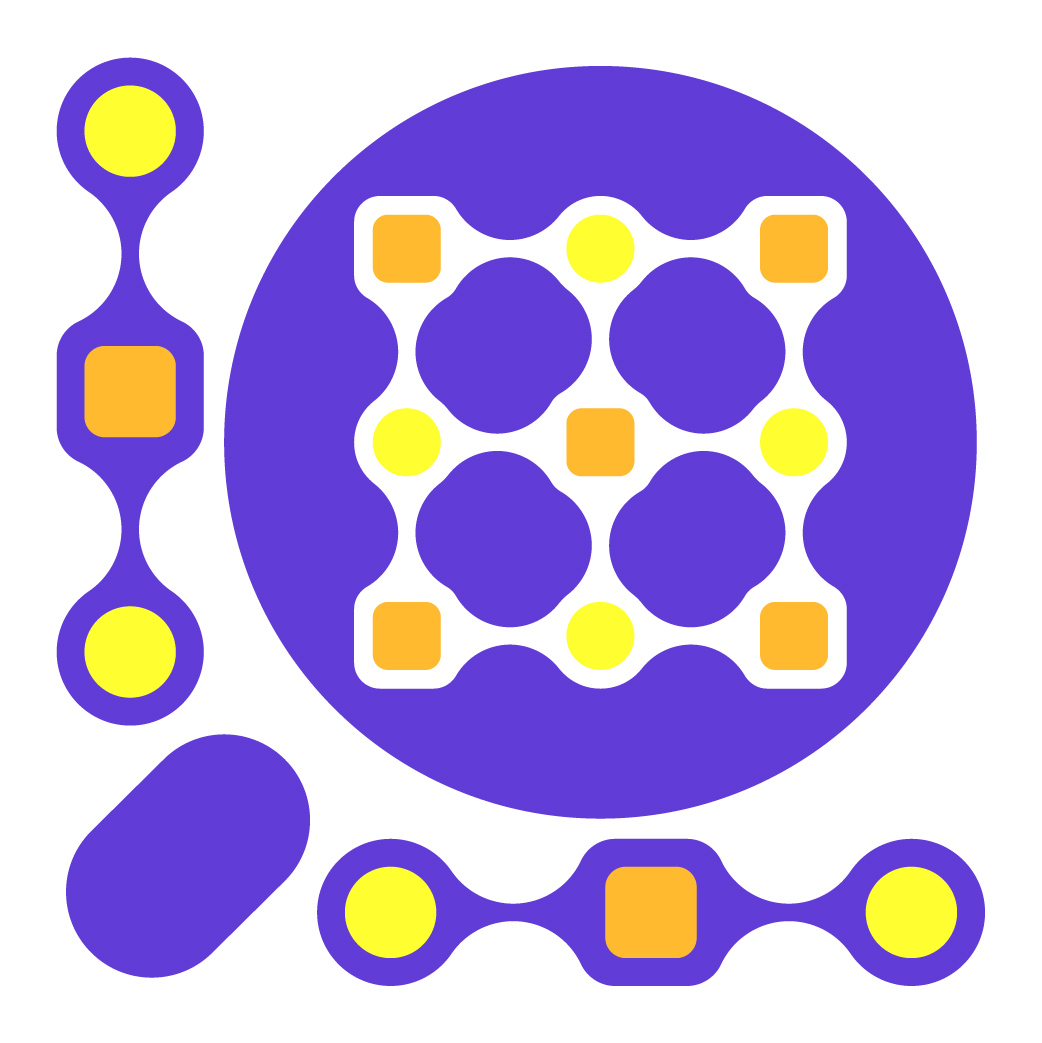
Core Project Partners
The EVIDALI project includes 7 core partners in the consortium, bringing together ministries of education, research institutions, and regional education authorities from across Europe.
European Schoolnet acts as the coordinator of the project and leads its overall management, communication, and outreach activities.
Fondazione Bruno Kessler – FBK-IRVAPP (Italy) and the European Institute of Education and Social Policy – EIESP (France) bring in-depth expertise in policy research, data analysis, and the facilitation of policy learning processes.
Consejería de Educación de la Junta de Castilla y León (Spain) and Provincia Autonoma di Trento (Italy) represent regional education authorities with strong connections to schools and are responsible for supporting the validation of good practices and implementation in real-life school settings.
Associação Regional para o Desenvolvimento das Tecnologias de Informação na Madeira – DTIM (Portugal) supports teacher training and contributes to the design and dissemination of data literacy strategies and tools.
The Ministry for Education, Sport, Youth, Research and Innovation (Malta) participates in the mapping and comparative analysis of existing data literacy policies across the EU.

Associate Project Partner
The core consortium is strengthened by the contribution of three associate partners: the Secretaria Regional de Educação, Ciência e Tecnologia (SRE) da Região Autónoma da Madeira, Portugal, the Ministry of Education and Youth (MENJ, France) and Fondazione per la Scuola (FpS, Italy).
This regional education authority supports the implementation of the project at territorial level and contributes to dissemination efforts, especially in school-level engagement during the Data Literacy Survey and the validation of project outputs.
Learn more about our Core Project Partners
European Schoolnet is an organisation committed to transform Europe’s education, by exploring and bringing innovative, inclusive, and responsible teaching and learning solutions. It represents a network of Ministries of Education from more than 30 European countries - and offers them a space to debate, exchange best practices and collaborate with schools, teachers, researchers, the EdTech industry and other key players involved in the transformation of education processes in Europe. To achieve this mission, European Schoolnet is: • Providing usable evidence and data in the area of innovation in education to inform policy recommendations (via peer exchanges, working groups, policy experimentations, surveys, and reports). • Supporting schools and teachers with innovative teaching and learning approaches, via the activities organised around the Future Classroom Lab and the European Schoolnet Academy, offering professional development resources, such as MOOCs, webinars, short courses, workshops, as well as guidance and recommendations. • Supporting Science in education through Scientix®, the community for science educators in Europe • Fostering European collaboration. From its earliest beginnings in 1997, European Schoolnet always worked in close collaboration with the European Commission on numerous initiatives, working via the animation of key European networks , such as: the eTwinning network, as part of the EC European School Education Platform, the Better Internet for Kids (BIK) community and the Digital Skills and Jobs Platform, in the area of digital citizenship. European Schoolnet is coordinating and supporting numerous EU funded projects per year on different focus areas, collaborating with other international organisations, schools, universities, policymakers, the EdTech industry and other education key players . Find more: www.eun.org
FBK-IRVAPP (Research Institute for the Evaluation of Public Policies) is one of the eleven research centres of the Fondazione Bruno Kessler (hereafter “FBK”, http://www.fbk.eu/). FBK is a private research organisation founded by the Autonomous Province of Trento to operate in several research fields for contributing to the advancement of knowledge and cultural and economic development at local, national, and international levels. FBK-IRVAPP's scientific mission includes i) public policy evaluation through rigorous counterfactual approaches; ii) dissemination of findings within the broader scientific community; iii) promotion of the culture of causal inference in social and economic research; and iv) training of Ph.D. students, scholars, civil servants, and policy makers in methods for counterfactual policy evaluation. FBK-IRVAPP carries out impact evaluations in the following fields: education, labour market, anti-poverty and welfare measures, industrial policies, and development programs for developing countries. Concerning education, FBK-IRVAPP evaluates a wide range of education policies and programmes at the local, national, and international levels. Topics covered include social inequalities in educational outcomes, student support policies, teacher professional development, and the role of digital technology in learning.
The European Institute of Education and Social Policy is a non-profit organisation with nearly fifty years' experience in the analysis of education and training policies in Europe and beyond. Working with international partners, we develop evidence-informed strategies that support effective learning and the well-being, and support policy learning across countries. The EIESP has built up a solid reputation as an experienced, international and innovative partner in education policy design, management, reform and evaluation. We create bridges across research, policy and practice; develop systems, approaches, tools and practices that place the learner at the centre; and evaluate the design, implementation and outcomes of policies at different decision-making levels. The EIESP works in networks and consortia that contribute to decision-making processes and to the exchange of good practice among countries, institutions or sectors. Through this collective work and engagement, we promote innovative approaches to shared challenges. The EIESP edits the European Journal of Education and Social Policy (Amsterdam University Press), formerly known as the European Journal of Education (1979-2023).
The General Directorate of Innovation and Educational Equity (DGIyEE) is a management centre of the Department of Education of the Autonomous Government of Castilla y León. It consists of four Services (Quality, Evaluation and Education Programs, Educational Participation and Study Aid, Teacher Training, Innovation and Internationalisation and Equity, Equality and Educational Orientation). Four fundamental lines of work of the Education department are the promotion of equity, the promotion of educational innovation, the development of internationalisation processes of educational centres and the integration of ICT in all educational processes. Castilla y León is the leading region in Spain in ICT implementation, with 1,300 schools with a digital plan and an ICT recognition stamp and 29,000 teachers with ICT level certification. The region also has a strategic plan on safety and digital confidence. Through our participation to the project, we wish to promote the creation of leadership teams involving all the school community in the implementation of data literacy in the schools’ digital plans. Shared practices will be developed out of the project outputs. The pupils are also involved in the strategic educational paths of the school as well as the parents and mothers’ association. Findings and outputs from the project will be shared in specific trainings for all the head teachers in Castilla y León so that the impact reaches teachers and schools. The different activities in the project will reach about 50,000 persons thanks to the EDUCACYL portal and social media.
The Regional Association for the Development of Information Technologies in Madeira is a non-profit entity certified for the design, development and provision of continuous professional training services and projects. Its associates are the regional government and various public and private sector entities in the Autonomous Region of Madeira (RAM), Portugal. Founded in 1985, DTIM is recognised in Madeira as a public utility entity by the Government Council, through Resolution No. 136/86 of 30 January 1986. DTIM promotes continuous professional development activities for various audiences, including public administration staff and teachers. CPD activities often involve exchanges of good practices with other CPD organisation from Portugal mainland, giving DTIM a national perspective. DTIM’s training cover a wide range of areas, including the training of teachers and teacher educators in educational sciences and the use of IT in education. DTIM’s team was renewed in 2023, with a new management bringing 30 years of expertise as head of Portugal’s most dynamic school association training centre, which introduced the first Future Classroom Lab in the Portugal’s central and northern regions. The regional government of Madeira was a founding partner of DTIM and remains strongly associated to the the organisation. The President of the DTIM’s General Assembly is the Regional Education Secretary himself. DTIM has the know-how on education technology in the Autonomous Region of Madeira, with the advantage and agility of a not-profit organisation, which makes it a suitable partner of this project.
The Autonomous Province of Trento (PAT) is a self-governing province with ample legislative and administrative powers in many fields, including in the educational sector. The Department of Education and Culture is responsible for the development of the higher education and school system in the province. It supports system-wide innovation of schools, focusing on pedagogical and didactic aspects, and teachers and staff training (in collaboration with IPRASE, see below). Thanks to a strong investment and a forward-thinking policy, the Trentino school system ranks at the top in international students' competencies assessments such as OECD PISA and at the Italian level but also in the international ranking. The PAT has 650 schools and over 10,000 teachers. Provincial Institute of Educational Research and Experimentation (IPRASE) carries out studies in the pedagogical, methodological, and training fields, as well as continuing education and professional development for teachers and headmasters. Within the Department of Education and Culture, the Office for the Evaluation of Educational Policies monitors the activity and the implementation of innovation policies within the local system. One of the core components of this monitoring process is the provincial school self-evaluation system, overseen by the Provincial Evaluation Committee, and supported by the Office for the Evaluation of Educational Policies. This system empowers schools and teachers to engage in self-assessment, using data-driven insights to identify areas for improvement and enhance the overall quality of education. Schools are provided with tools and training to effectively analyse and utilise data in their self-evaluation processes, fostering a culture of continuous improvement and accountability. The Trentino school system can claim significant experience in integrating ICT in education (including technologies such as broadband networks, interactive whiteboards, and tablets or learning management systems) and in innovative pedagogical methodologies. The present moment is also characterised by a political willingness to develop further and experiment with the concept of the innovative learning environment in general. Finally, the promotion of Open Educational Resources is high on the agenda, following the recent approval of a provincial law cantered on spreading Open Source/Open Data in the public administration. By leveraging our extensive experience in these areas, the Department of Education and Culture is well-equipped to contribute to the project's success, driving innovation and improvement in data literacy and related organisational and educational practices across the participating regions.
The Research and School Internal Review Unit, within the Ministry for Education, Sport, Youth, Research, and Innovation (MEYR) comprises two Sections: Research and School Internal Review. The Research Section is responsible for research and information activities related to education. These are an essential pre-requisite to formulate coherent policies and improve provision in education. The functions of the Research Section are to initiate research proposals, on its own or in collaboration with other Directorates, Departments or entities, with a view to inform policy-making or provision within the Ministry responsible for education; manage the Research and Policy Documentation Centre in education; guide researchers wishing to collect data from State Schools, entities or employees working within the Ministry; and process requests for data or information on matters relating to education. The Research Section forms part of the Eurydice Network, which comprises the 42 countries of the Erasmus+ programme and aims at facilitating European cooperation in the field of education. The School Internal Review Section assists colleges and schools, of the Early, Junior, Middle and Secondary education cycles, in developing their capacity to become communities of reflexive practice, contributing to the school internal quality planning and assurance.
Learn more about our Associate Project Partners
The Regional Department for Education, Science and Technology (SRE) is one of the departments of the Regional Government of Autonomous Region of Madeira (RAM) responsible for executive policies in the areas of education; professional training; sport; science, research and technology; administration of justice; political coordination; parliamentary affairs; relations with the University of Madeira and other higher education institutions and social communication. The SRE includes several departments, acting at different levels of the educational system. The Regional Directorate of Education (DRE) mission is to promote, develop and implement educational policies with schools, from an inclusive perspective and towards an 21st-century education. The Regional Directorate of School Administration (DRAE) designs management measures, coordinates and provides technical-legal support in the areas of human resources and school administration and promotes the development of school autonomy. Both Services, in collaboration, have dedicated special attention to the professional development of teachers and school organization, with curricular and digital transition issues being handled by the DRE. One of the SRE/DRE units is the Continuing Education Division (DFC) which is responsible for the certification of training entities and training course, and is also a training entity itself. DFC is the largest entity in RAM that promotes continuing profissional developement (CPD) for teachers.
Fondazione per la Scuola is one of the independent operating bodies of Compagnia San Paolo Foundation, one the largest philantrophic institutions in Italy. Based in Turin, Fondazione per la Scuola is a training and research organisation recognized by the Italian Ministry of Education that works to promotes inclusive and quality education at primary and secondary level through a wide range of initiatives and research projects. Its mission is twofold: on the one hand, promoting school inclusion and encouraging everyone educational success; on the other, supporting the adoption of innovative approaches and teaching methods. Its research unit focuses on the concept of ‘authentic schools’ (Wiggins, McTighe, Donovan, etc.), carries out applied and evaluation research, specialises on mixed-method approach, and works to better link educational research, policy and practice.

Funded by the European Union. Views and opinions expressed are however those of the author(s) only and do not necessarily reflect those of the European Union or the European Education and Culture Executive Agency (EACEA). Neither the European Union nor EACEA can be held responsible for them.
